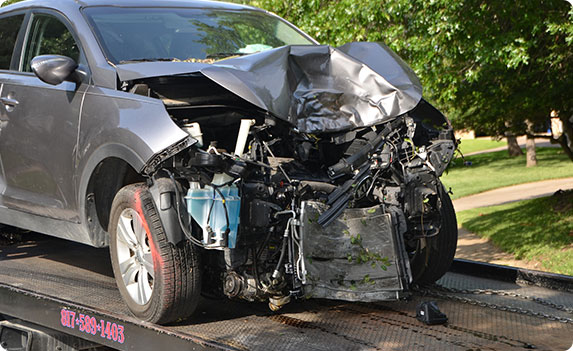I come from an immigrant father who traveled to this wonderful nation at a young age. My grandmother brought him here because she wanted him to have greater educational opportunities. The path that my grandmother and father set before me has empowered me to obtain a wonderful education and obtain legal authority to uniquely help others.
In addition to educational and economic opportunities, the path they set for me has given me the blessing to vote. Our Republic gives power to the people in many ways, including the right to vote. If we as a nation fail to peacefully and freely enjoy this right our Constitution loses strength.
Our nation has developed to provide opportunities for all of its citizens. Though it started with a negotiated 3/5 clause, it has progressed to extend the right to vote regardless of race, ethnicity or gender through hard fought battles. My hope is that we as a nation pay respect to those who fought those battles by exercising our right to vote.




